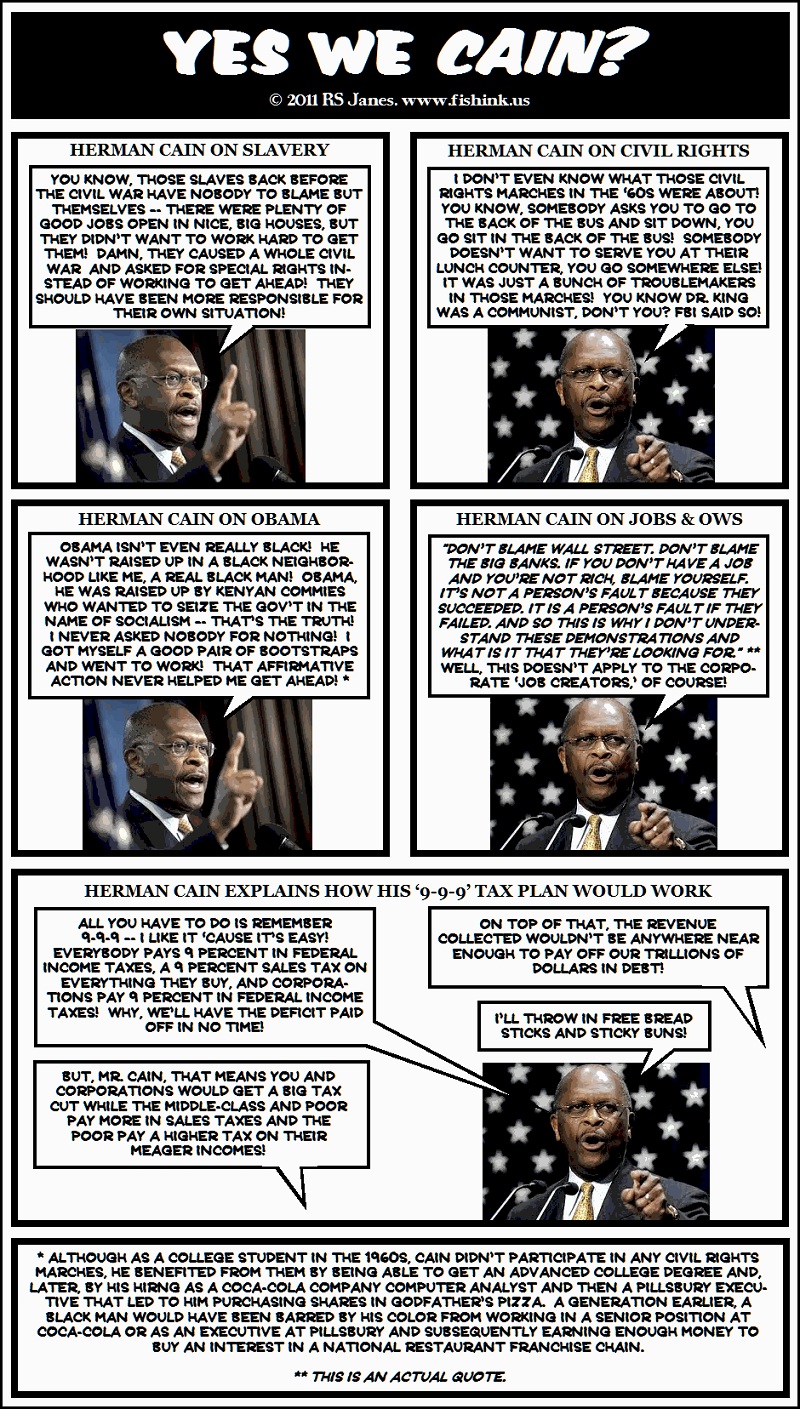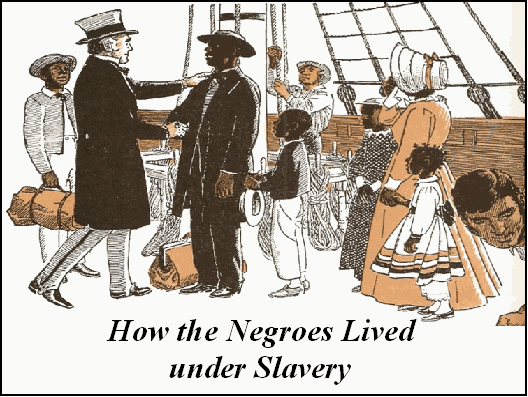
October 15, 2011
January 17, 2011
Tea Party Wants Slavery Removed From History Textbooks

Tenn. Tea Party Wants Slavery Removed From History Textbooks
Posted to NewsOne by Casey Gane-McCalla, Jan. 13, 2011
TENNESSEE
The Tea Party of Tennessee wants to remove incidents of slavery and genocide from American textbooks for fear they would besmirch the image of the Founding Fathers:
The Memphis Commercial Appeal reports.
As a result, the Tea Party organizations argue, there should be “no portrayal of minority experience in the history which actually occurred shall obscure the experience or contributions of the Founding Fathers, or the majority of citizens, including those who reached positions of leadership.”
“The thing we need to focus on about the Founders is that, given the social structure of their time, they were revolutionaries who brought liberty into a world where it hadn’t existed, to everybody — not all equally instantly — and it was their progress that we need to look at,” Rounds explained of his interpretation of the legacy of the Founding Fathers.
The issue of revising curriculums to teach history in a manner that encourages the glossing over of the uglier factors of the past has popped up in other states over the past year.
NAACP Criticizes Texas Textbooks For Watering Down Slavery And Civil Rights
— AP, May 20, 2010.
43 years after the assassination of Dr. Martin Luther King, can you believe this is going on?

Lieberman the Great Compromiser
U.S. Sen. Lieberman Says He Would Have Compromised on Slavery
Cites economic costs of American Civil War
By Woody Nichols
Staff Writer
The London Daily Advocate
December 19, 2009
In an interview with the Hartford Courant newspaper to be published Monday, Sen. Joseph I. Lieberman, the controversial independent from Connecticut who has been criticized by some Americans for delaying health care reform in that country, said that if he had been a member of the U.S. Congress during the era before the American Civil War, he would have voted to compromise with the southern states rather than risk conflict over the issue of slavery.
After stressing his “long record of accomplishment” on civil rights legislation, Sen. Lieberman said, “I know this may be an unpopular opinion, but I believe that the Civil War had a terrible impact on the economy of that time, increasing the national debt and unfairly imposing the government on our profitable textile businesses, and so it was not morally justifiable on that basis. I would have sought a compromise rather than subject our nation to that war.”
The 2000 Democratic Party vice presidential candidate added, “But I would have imposed some regulations on the slaveholders, such as insuring that the slaves were fed and clothed adequately by local standards and that slave families were kept intact when possible. I would have also guaranteed each working slave a half-hour daily lunch break.”
Sen. Lieberman concluded the interview by saying that he thought slavery would have passed away eventually “by natural processes,” although he admitted it might have taken another 50 or 60 years. “But look at the money that would have been saved if there had not been a Civil War,” he summarized.
Asked about U.S. health care reform, Sen. Lieberman offered, “I don’t believe our economy can afford health care for everyone right now without unfairly impacting our profitable insurance companies in a negative way, but someday I’m sure we’ll have a better system, perhaps by 2060 or 2070.”
© 2009 RS Janes. LTSaloon.org.